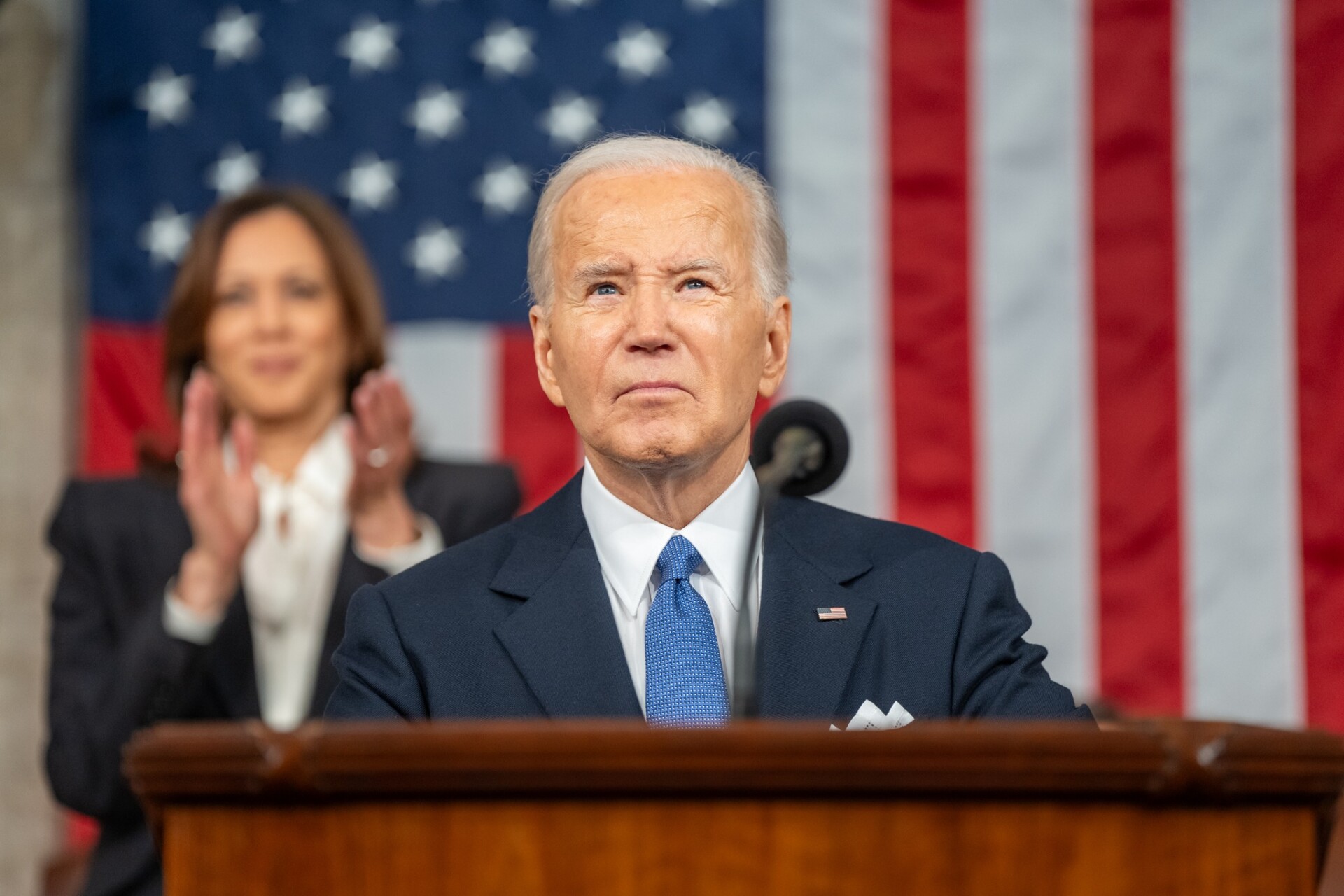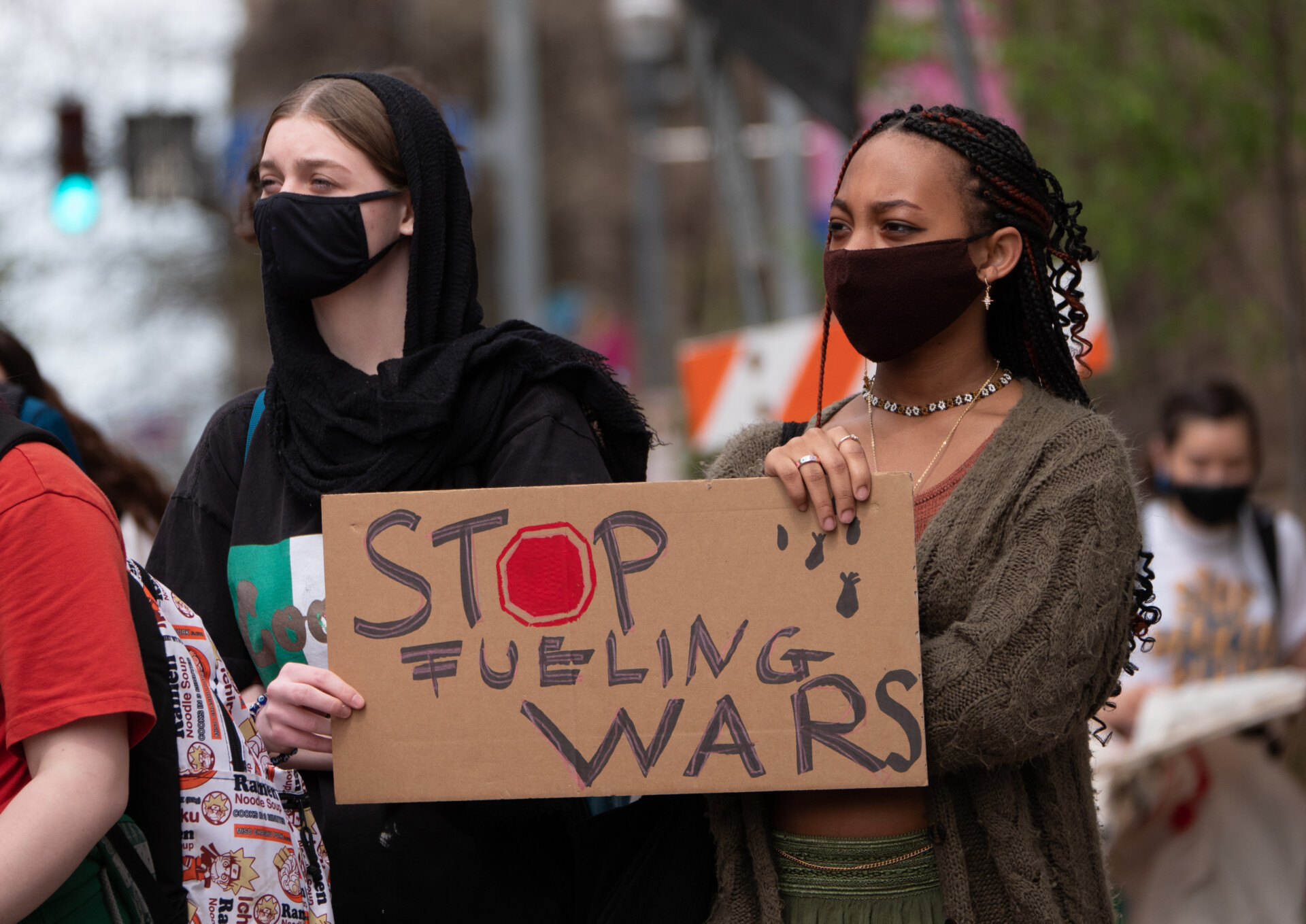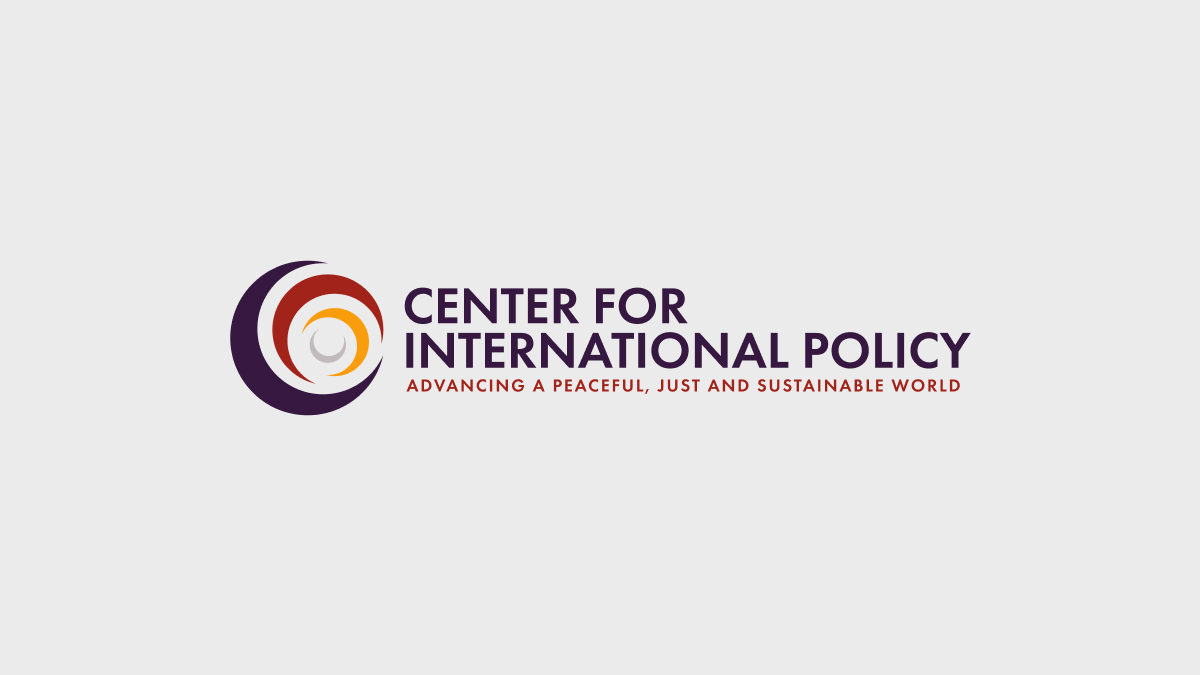
CIP Response to the 2024 State of the Union
Matt Duss is the Executive Vice President of the Center for International Policy
On foreign policy, President Biden’s State of the Union last night didn’t give us too much to work with. He did come right out of the gate strong, talking about Ukraine. I can’t remember the last time a president opened the State of the Union talking about foreign policy, but it really served to underline the urgency of the need to pass the Ukraine aid package which has been stalled in Congress for months.
The section on the Gaza war was unfortunately as expected. Yesterday’s announcement of the building of a Gaza port to facilitate humanitarian aid shouldn’t be dismissed – more aid for Palestinians on the brink of starvation is obviously good. But as with the airdropping of aid it just reveals the incoherence of U.S. policy right now, in which we’re trying to ease Palestinian suffering while continuing to unconditionally arm and support the government that is intentionally inflicting that suffering.
The president seems to recognize that ultimately this conflict will require a political solution, but is still unwilling to bring the full weight of America’s considerable leverage to that goal. Biden’s potted history of the conflict didn’t help. Hamas’ atrocities on October 7 were obviously the precipitating event, but this war did not begin on October 7. It has been waged against the Palestinians every day for years in the form of a violent and humiliating military occupation. Any effort to bring this conflict to a just resolution will need to confront that reality, and Biden seems unprepared to do that.
On the bright side, Biden took what I think is exactly the right approach on his administration’s biggest foreign policy priority: China. He basically told everybody to chill out about it, he’s got this. This isn’t dismissing the challenge, he hasn’t done that, but I think taking a less hysterical approach is something that will lead to a more rational discussion and better, more effective policy.
On immigration, a key goal must be tackling root causes, such as corruption and violence, in US-Latin America policy. The president unfortunately allowed himself to be drawn into a back and forth with Georgia Congresswoman Marjorie Taylor Green over the murder of Laken Riley, a 22 year old Georgia nursing student who was murdered by an undocumented migrant who had been released into the country after being detained. Biden’s statement that Riley had been “killed by an illegal” was a misstep that plays right into the right’s anti-immigrant rhetoric, which is unfortunately in keeping with his general approach to immigration lately, where he’s been willing to tack right and offer some pretty dangerous concessions to try and save the Ukraine aid package. But many of the principles and values at stake at our border are the same ones at stake in Ukraine: human safety and dignity, a commitment to international law. It’s wrong to think we can promote one while selling out the other.
But the bottom line is there just wasn’t much foreign policy in it at all. A few paragraphs in a nearly 90 minute speech. And that reflects his administration’s approach: they would like to talk about foreign policy as little as possible. President Biden has a strong case to make in terms of his administration’s domestic accomplishments. They’ve been able to get important things done that are showing huge benefits to the American people. He has a similar opportunity to advance a foreign policy agenda that improves the lives of Americans and global populations alike. Given that foreign policy is clearly going to be a much bigger issue in this election than anyone expected, I think it was a missed opportunity to stake out a bolder vision.


